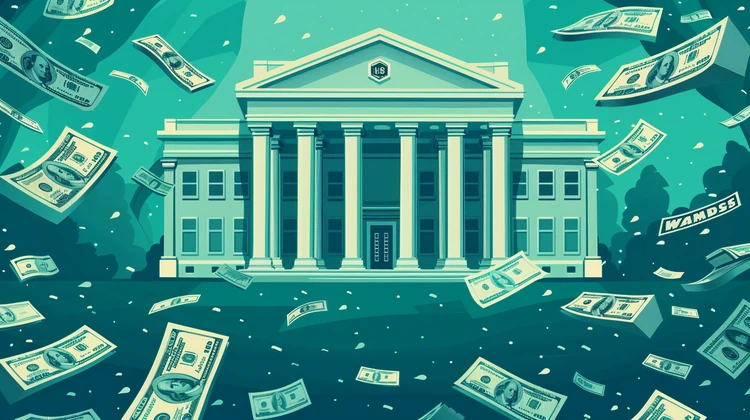A Texas judge is expected to issue a ruling

A judge in the U.S. District Court for the Northern District of Texas is set to issue a ruling that could make a $10 billion difference to U.S. bank customers. The court is considering a motion, filed by the U.S. Chamber of Commerce for an injunction to block regulators from limiting, and in many cases banning those fees.
In March, the Consumer Financial Protection Bureau (CFPB) proposed a rule to limit the fees banks and other financial institutions impose on customers, fees often referred to as junk fees.
Specifically, the proposed rule would prohibit non-sufficient funds (NSF) fees on transactions that financial institutions decline in real-time. These types of transactions include declined debit card purchases and ATM withdrawals, as well as some declined peer-to-peer payments. The CFPBs proposal is part of the agencys proactive approach to protect consumers, and it would cover banks, credit unions, and certain peer-to-peer payment companies.
Over the years, large banks and their consultants have concocted new junk fees for fake services that cost almost nothing to deliver, CFPB Director Rohit Chopra said when the rule was first proposed. Banks should be competing to provide better products at lower costs, not innovating to impose extra fees for no value. The CFPB will continue to rid the market of junk fees today and prevent new junk fees from emerging in the future.
These fees are a significant part of bank profits. When the rule was announced, the U.S. Chamber of Commerce said it would sue the CFPB to prevent the rule from being implemented.
Photo Credit: Consumer Affairs News Department Images
Posted: 2024-05-10 20:49:03



















